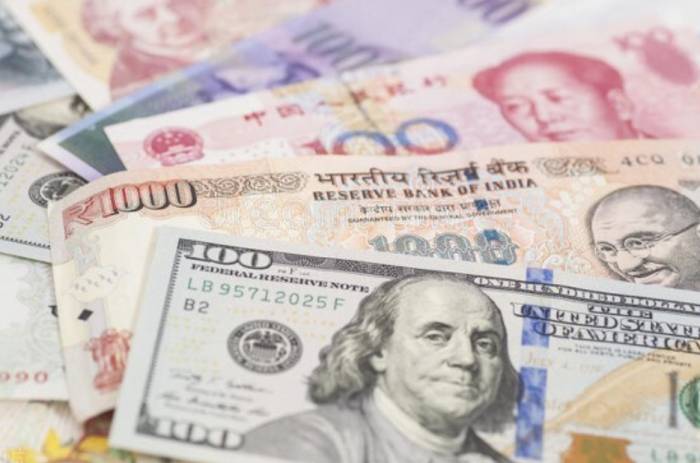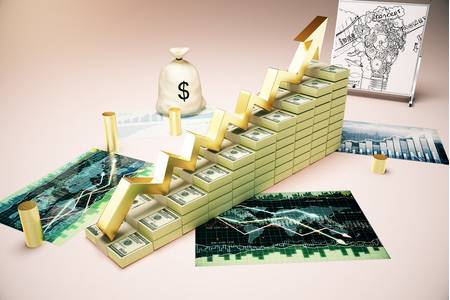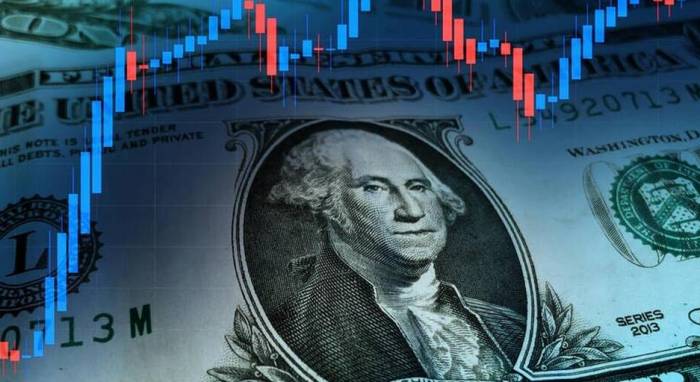On the 25th, Bank of America Merrill Lynch released a research report stating that the Japanese stock market is recovering after the sharp decline in August, and it is expected to accelerate its rise starting from November.
Bank of America Merrill Lynch believes that there are three major conditions for the recovery of the Japanese market, which are the acceleration of the Federal Reserve's interest rate cuts, the cautious attitude of the Bank of Japan towards interest rate hikes, and the upcoming election for the president of the Liberal Democratic Party of Japan.
The report further points out that the first two conditions have been met, and now it depends on the third condition.
Federal Reserve Interest Rate Cut: Reduced the risk of yen appreciation
Firstly, the report points out that the Federal Reserve has decided to cut interest rates by 50 basis points, and the outlook for the Federal Reserve is still a soft landing. The dot plot shows that the pace of interest rate cuts is still lower than market expectations. This reduces the risk of yen appreciation, which is beneficial to the Japanese stock market.
However, there is still uncertainty about the magnitude of the interest rate cut, especially employment data that may affect the pace of interest rate cuts.
The Federal Reserve's forecasted peak unemployment rate is 4.4%, which is not much different from the current level (4.2%).
Bank of America Merrill Lynch stated that although there are still many concerns about the future direction of the U.S. economy, these concerns have been somewhat alleviated. As long as the Federal Reserve quickly adjusts the actual policy interest rate, it should increase the likelihood of avoiding a recession.Additionally, although the expansionary fiscal policy of the U.S. federal government is the root of inflation, it continues to support the economy. In the U.S. presidential election, both Democratic and Republican candidates advocate for increased fiscal spending. If fiscal policy remains expansionary and the Federal Reserve is in a rate-cutting cycle, the likelihood of a severe economic downturn is not significant.
Bank of Japan: The pace of interest rate hikes is reasonable, with no significant issues.
On the 24th, in his speech, Haruhiko Kuroda stated that if the data supports it, the central bank will raise interest rates again, but will not rush to do so. Some analysts believe that his remarks indicate a very low probability of the Bank of Japan taking policy action at next month's meeting.
Bank of America Merrill Lynch points out that the current stance of the Bank of Japan can be summarized in two key points:
1. The actual policy interest rate is low, so there is room for rate hikes;
2. There is no need to rush.
The research report believes that historically, when the market's digested probability of rate hikes exceeds 60%, market adjustments will intensify. However, even with a basic policy of rate hikes, as long as it is ensured to be moderate, it is expected that there will be no significant market fluctuations.Economists at Bank of America Merrill Lynch predict that if the Bank of Japan raises interest rates by 25 basis points in January next year and again in the July-September period, there would be no need for a significant change in the outlook for the Japanese stock market.
Liberal Democratic Party Presidential Election: Short-term market fluctuations should be temporary
Bank of America Merrill Lynch notes that the outcome of the Liberal Democratic Party presidential election held on September 27th is difficult to predict, as there are many candidates and the market has not yet fully digested all possibilities. After the election results are announced, there may be significant fluctuations in the stock market.
Although short-term fluctuations may be significant, in the long term, regardless of who is elected, there will not be a major change in the overall policy direction of the Japanese government. The new leader will continue to implement the main policies proposed by Fumio Kishida, such as raising wages and promoting digital transformation.
Similar to the 2021 election, market fluctuations after this election may also just be an adjustment to the high market sentiment before the election.





























